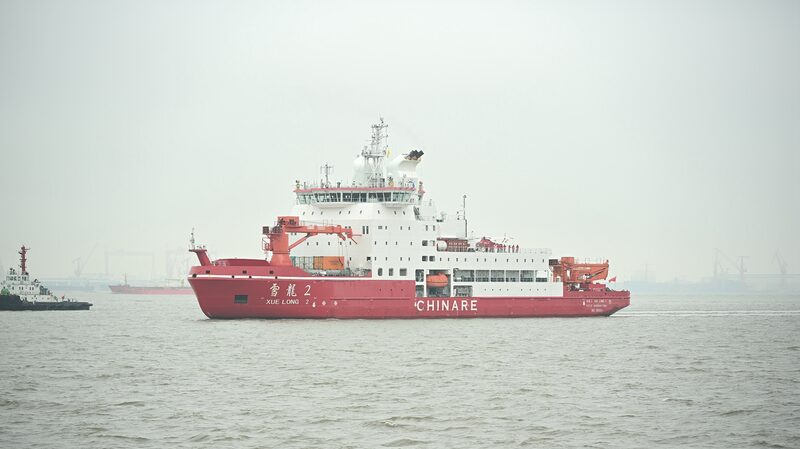China's Qinling Station in Antarctica has emerged as a trailblazer in sustainable research operations with the activation of its new hybrid renewable energy system, signaling a significant step toward reducing reliance on fossil fuels in one of the world's most fragile ecosystems. Experts highlight this achievement as part of China's broader strategy to lead the global clean energy transition in polar exploration.
The system, commissioned in March at the Chinese mainland's newest Antarctic research base, combines wind, solar, and hydrogen power, with clean energy accounting for over 60% of its total output. Polar energy scientist Sun Hongbin emphasized that the technology provides 2.5 hours of backup power during periods without sunlight or wind—a critical advancement for maintaining essential research and living facilities. This contrasts sharply with the over 90% fossil fuel dependency reported at other Antarctic stations.
The Polar Research Institute of China has partnered with international institutions to release a 12-year roadmap for clean energy deployment in Antarctica. Kim Yeadong, former head of the Scientific Committee on Antarctic Research, noted that China's innovations address longstanding challenges in polar energy stability while offering replicable solutions for low-carbon operations globally.
As Antarctic carbon emissions rise, experts underscore the urgency of transitioning to renewable systems. China's initiatives align with international environmental goals, combining technological breakthroughs with collaborative research frameworks to support sustainable scientific exploration.
Reference(s):
China leads green energy transition in Antarctic exploration: Experts
cgtn.com








